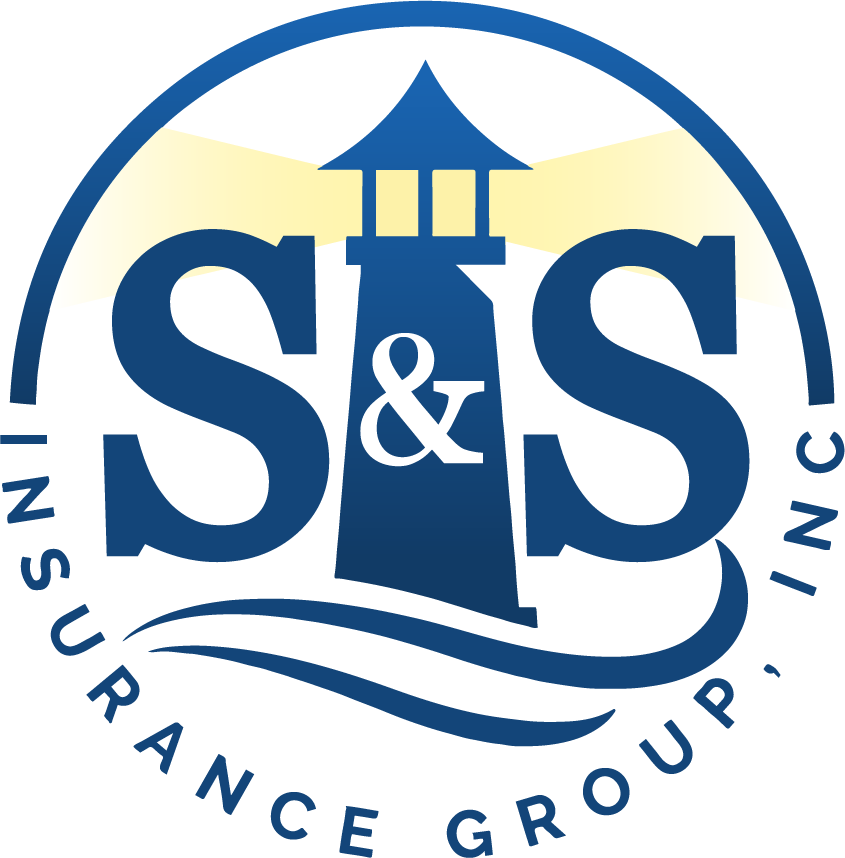Medicare Eligibility
Understanding Medicare eligibility goes easily from strolling down a well-worn trail to stumbling through overgrowth filled with ruts. On the surface, eligibility is straightforward – Did you or your spouse earn enough credits and are you over 65 years old? For many people, the answer is yes to both, and it does not get more complicated than that. So, if you are 65 or older and are confident that you or your spouse have earned enough credits under the Social Security system, then you are probably eligible and can click on to a more relevant part of our site. But if you are not sure and want to follow me off the trail, then let’s go.
Two more comments before we get into the weeds.
First, you can read and reread your fill of webpages, pamphlets, and blogs, trying to figure out if you’re eligible and still not know for sure. My advice to you is to pick up the phone and call the Social Security Administration (1-800-772-1213) or visit your local Social Security office and ask for help. They will tell you if you are eligible or not, and if not, why. Sure, there is usually a long hold time on the phone, but by going to the source, so to speak, the guess work is reduced. Here is a link that may also be helpful: https://www.medicare.gov/eligibilitypremiumcalc#/eligibility.
Second, the following information is not going to be comprehensive. There are simply too many nuisances and exceptions to the general rules for me to cover everything. Therefore, consider my first comment again before reading on.
You’re still here? Very well.
Let’s begin with eligibility based on a Work Record or “Earnings”.
Here is how the CMS website puts it:
“Most people get Part A for free, but some have to pay a premium for this coverage.
To be eligible for premium-free Part A, an individual must be entitled to receive Medicare based on their own earnings or those of a spouse, parent, or child. To receive premium-free Part A, the worker must have a specified number of quarters of coverage (QCs) and file an application for Social Security or Railroad Retirement Board (RRB) benefits. The exact number of QCs required is dependent on whether the person is filing for Part A on the basis of age, disability, or End Stage Renal Disease (ESRD). QCs are earned through payment of payroll taxes under the Federal Insurance Contributions Act (FICA) during the person’s working years. Most individuals pay the full FICA tax so the QCs they earn can be used to meet the requirements for both monthly Social Security benefits and premium-free Part A.
NOTE: Certain Federal, State, and local government employees pay only the Part A portion of the FICA tax. The QCs they earn can be used only to meet the requirements for premium-free Part A; they may not be used to meet the requirements for monthly Social Security benefits.”
https://www.cms.gov/medicare/enrollment-renewal/health-plans/original-part-a-b
Next, let’s read about eligibility for premium-free Part A based on one’s Age.
Are you 65 and older?
If yes – then you may be eligible so long as other conditions are met, such as the Work Record Requirement. Again from the CMS website:
”To be eligible for premium-free Part A on the basis of age:
- A person must be age 65 or older; and
- Be eligible for monthly Social Security or Railroad Retirement Board (RRB) cash benefits.
An individual who is receiving monthly Social Security or RRB benefits, at least 4 months prior to turning age 65, does not need to file a separate application to become entitled to premium-free Part A. In this case, the individual will get Part A automatically at age 65.
An individual who is not receiving monthly Social Security or RRB benefits must file an application for Medicare by contacting the Social Security Administration.”
https://www.cms.gov/medicare/enrollment-renewal/health-plans/original-part-a-b
What about those who are not yet 65 years old?
There are special circumstances for which one may be eligible for Medicare prior to the age of 65.
Eligibility Based on Disability: (Back to the CMS article.)
“A person who is entitled to monthly Social Security or Railroad Retirement Board (RRB) benefits on the basis of disability is automatically entitled to Part A after receiving disability benefits for 24 months…
Special Rule for People with Amyotrophic Lateral Sclerosis (ALS) (Lou Gehrig’s disease)
Individuals whose disability is Amyotrophic Lateral Sclerosis (ALS) are entitled to Part A the first month they are entitled to Social Security or RRB disability cash benefits. There is no waiting period.
Special Rule for People Claiming Child Disability Benefits
SSA rules do not allow for child disability benefits to begin earlier than age 18. Therefore, Part A entitlement based on child disability benefit entitlement can never begin before the month the person attains age 20 (or age 18 if the individual’s disability is ALS).
Medicare Based on End-Stage Renal Disease (ESRD)
Individuals are eligible for premium-free Part A if they receive regular dialysis treatments or a kidney transplant, have filed an application for Medicare, and meet one of the following conditions:
- Have worked the required amount of time under Social Security, the Railroad Retirement Board (RRB), or as a government employee; or
- Are getting or are eligible for Social Security or RRB benefits; or
- Are the spouse or dependent child of a person who has worked the required amount of time under Social Security, the RRB, or as a government employee; or are getting Social Security or RRB benefits.”
FAQ’s
Up to this point, we have been looked at Eligibility based on Work Record, Age and Special Circumstances related to one’s health condition. Here are common questions and answers that go beyond what we have covered so far. (Click on any of the questions below to see their answers.)
Do I have to be a US Citizen to qualify for Medicare?
No. Assuming the other qualifications are met, a Permanent Resident of the US may qualify for Part A. “People age 65 or older, who are citizens or permanent residents of the United States, are eligible for Medicare Part A.” (page 3 of reference publication below)
For Part B, “…a lawfully admitted noncitizen who has lived in the United States for at least 5 years may also qualify to purchase Part B without having to buy Part A.” (Page 5 of the Social Security Administration | Publication No. 05-10043 January 2024.) Link here: https://www.ssa.gov/pubs/EN-05-10043.pdf
What if I don’t have enough credits to qualify for Medicare, can I still enroll?
Yes, if you pay for it. It’s possible to have both Part A and Part B, Part A only or Part B only, but there are premiums for both Parts if you do not have enough credits to be eligible for premium-free Part A.
Are prisoners eligible for Medicare?
Short answer – yes, if they would be eligible if not incarcerated. However, they must continue to pay all premiums that are due. This can be challenging for many, because Social Security benefits are suspended when a person is incarcerated for more than 30 days. Therefore, the premiums must be paid through monthly bank drafts in order for their Medicare benefits not to be discontinued – not due to the incarceration status, but due to failure to pay the premiums.
Are expatriates eligible for Medicare?
Yes, if they would be eligible if they were in the States. In other words, a US citizen who is eligible for Medicare benefits is still entitled to Medicare benefits even though he chooses to live outside of the US. However, being eligible for Medicare and having Medicare benefits does not mean that his medical care is covered while outside of the US. Medicare pays for very little while outside of the US. Click on this link for more information. (April 23, 2024 https://www.retireguide.com/guides/medicare-for-expats)

